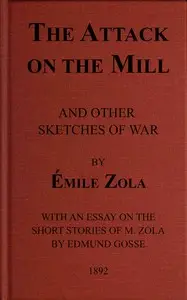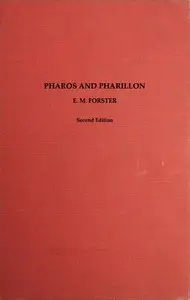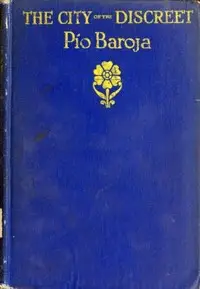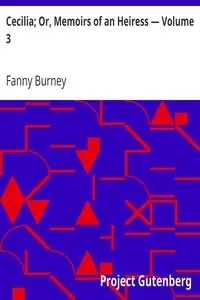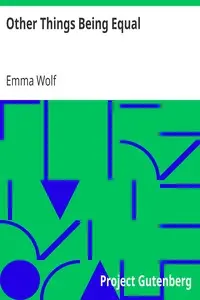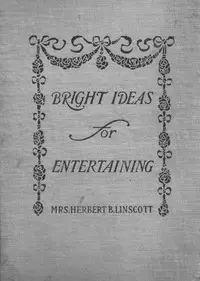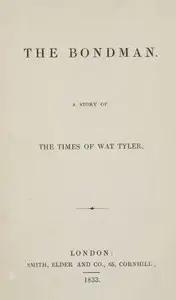"The Three Cities Trilogy: Rome, Volume 5" by Émile Zola is a tale set in the late 1800s, following the journey of a conflicted priest named Pierre as he navigates emotional and ethical challenges within the heart of the Vatican. Haunted by the tragic fates of two lovers, Dario and Benedetta, Pierre seeks a meeting with Pope Leo XIII, driven by a desire to communicate the pains of the neglected and introduce his values to the head of the Catholic Church. As Pierre moves through the quiet, dimly lit Vatican and approaches the Pope, the story paints a picture of both grand wealth and deep suffering. The story explores ideas of sympathy, beliefs, and disappointment, building to a major moment where Pierre passionately pleads for recognition of the struggling poor during his audience with the Pope, raising significant questions about the Church’s role in helping those in need, building up tension between dreams and reality.
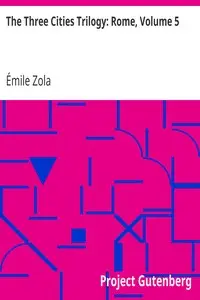
The Three Cities Trilogy: Rome, Volume 5
By Émile Zola
Amidst the backdrop of Vatican splendor, a compassionate priest confronts the Pope with urgent pleas to acknowledge the suffering masses, igniting conflict between idealism and long-standing tradition.
Summary
About the AuthorÉmile Édouard Charles Antoine Zola was a French novelist, journalist, playwright, the best-known practitioner of the literary school of naturalism, and an important contributor to the development of theatrical naturalism. He was a major figure in the political liberalization of France and in the exoneration of the falsely accused and convicted army officer Alfred Dreyfus, which is encapsulated in his renowned newspaper opinion headlined J'Accuse…! Zola was nominated for the first and second Nobel prizes in literature in 1901 and 1902.
Émile Édouard Charles Antoine Zola was a French novelist, journalist, playwright, the best-known practitioner of the literary school of naturalism, and an important contributor to the development of theatrical naturalism. He was a major figure in the political liberalization of France and in the exoneration of the falsely accused and convicted army officer Alfred Dreyfus, which is encapsulated in his renowned newspaper opinion headlined J'Accuse…! Zola was nominated for the first and second Nobel prizes in literature in 1901 and 1902.

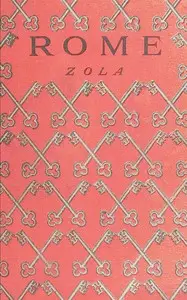
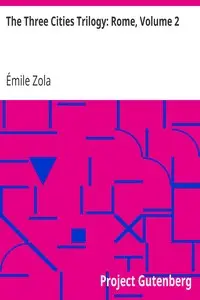
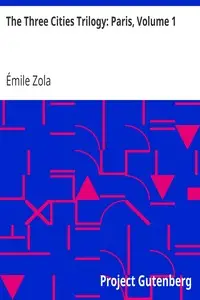

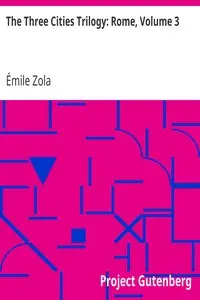
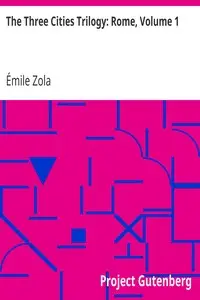
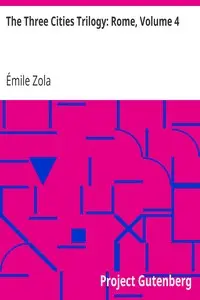
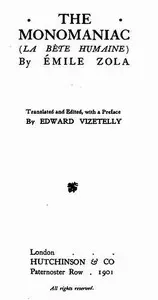
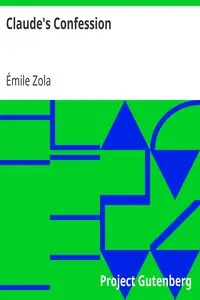
![The Joy of Life [La joie de vivre] by Émile Zola](https://cdn.a2-host.cloud/9j8lNrvH1PMtTff9ON_JInuZ-XmuB12RHzPY8gmcREE/rs:fill:215:325:0/g:ce/aHR0cHM6Ly9zcC1hc3NldHMuczMudXMtd2VzdC0wMDQuYmFja2JsYXplYjIuY29tL2Jvb2svNTY1NDEvVGhlX0pveV9vZl9MaWZlX0xhX2pvaWVfZGVfdml2cmVfY292ZXIuanBn.webp)
